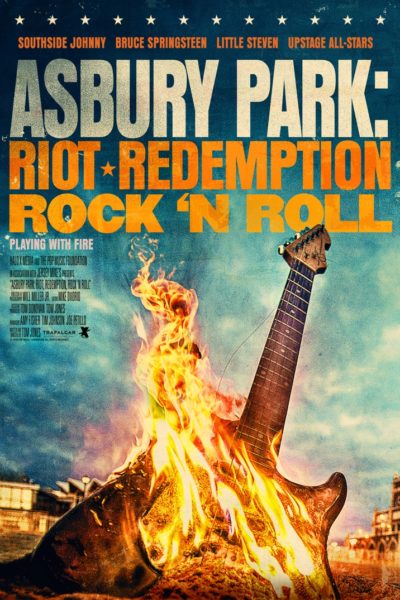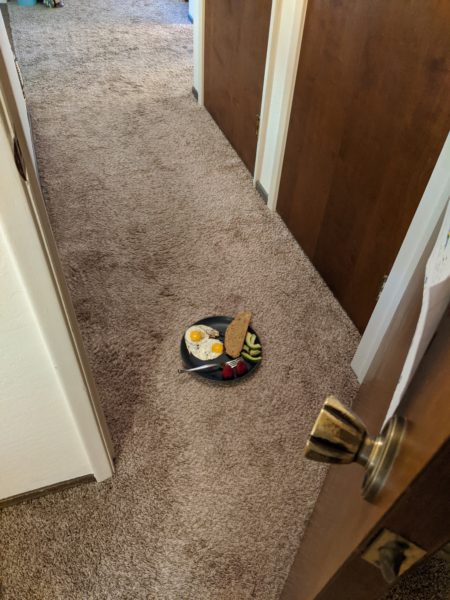Somerville MA Recognizes Polyamorous Domestic Partnerships
Seen in Wicked Local News 7-1-2020 By Julia Taliesin
View the article for more info
On June 29, Somerville quietly became one of the first cities in the nation — if not the first — to recognize polyamorous domestic partnerships.
The historic move was a result of a few subtle language shifts. For example, instead of being defined as an “entity formed by two persons,” Somerville’s ordinance defines a domestic partnership as an “entity formed by people,” replaces “he and she” with “they,” replaces “both” with “all,” and contains other inclusive language.
On June 25, the City Council passed the ordinance recognizing domestic partnerships unanimously, and on June 29 Mayor Joe Curtatone signed it into municipal law. The city is in the process of changing the application to include space for more than two partners, but polyamorous partners will be able to file soon.
The making of
Ward 6 Councilor Lance Davis, who chairs the Legislative Matters committee that reviewed the ordinance, said this began by just wanting to draft an ordinance recognizing domestic partnerships. Somerville didn’t have one, and a constituent request moved the council to work with the city on an ordinance.
“During our initial conversations, a couple things jumped out,” said Davis. “The first draft required domestic partners to notify the city of any change of address, which struck me as not in line with what married folks have to do, and required that they reside together, which again struck me as something I’m not required to do as a married person, so we got rid of those provisions.”
Important definitions & distinction
Polygamy vs. polyamoryPolygamy — which is illegal in the United States — is specifically tied to marriage, and is also gendered. It is defined as the practice of having more than one husband or wife at the same time, and does not reference romance, intimacy, or consent.
Polyamory is usually defined as the practice of having multiple consensual intimate relationships, and is often described as consensual non-monogamy. Relationships can be sexual or romantic, and are not gender-specific. Polyamorous relationships are diverse and can look different depending on the family. Sometimes it means having a primary relationship and seeking casual intimacy, and sometimes it means involving a third or fourth (and so on) person in building a family structure.
Marriage vs. domestic partnershipMarriage is commonly defined as the legal union of a couple. In some states, it has been defined as between a man and a woman but the 2013 Supreme Court ruling legalized marriage between same-sex couples.
Domestic partnerships were initially created as a pathway to a legal union for couples of any gender. While the rights of domestic partners can vary across states, domestic partners can often enjoy some similar spousal benefits, such as survivorship, hospital visitation, shared property and finances, and power of attorney. However, many domestic partners cannot receive healthcare on a partner’s policy. Since domestic partnerships are not recognized by federal law, partners also face barrier filing joint tax returns or petitioning for a non-citizen spouse. For example, in Massachusetts, domestic partners are not legally considered family and so cannot their partner’s assets in the event of death, and must ensure a will that directs those assets.
(Sources: Psychology Today, Merriam Webster Dictionary, GLAD Legal Advocates & Defenders, Miller Law Group – Massachusetts Family Law Attorneys.)Other changes came later. Davis said it’s not usually like him to let legislation sit once it’s been worked out, but something told him to give this one some time.
About an hour before the June 25 council meeting, he heard from fellow Councilor J.T. Scott.
“[He] reached out and said, ‘Why is this two?’ And I said, ‘I don’t have a good answer,’” said Davis. “I tripped over my words a bit, and played devil’s advocate, but I had no good reason. So, I pulled it out, went through quickly making whatever word changes necessary to make it not gendered or limited to two people.”
The ordinance passed unanimously.
“I’ve consistently felt that when society and government tries to define what is or is not a family, we’ve historically done a very poor job of doing so,” said Davis. “It hasn’t gone well, and it’s not a business that government should be in, so that guided my thinking on this.”
Leading the way
The changes are small, but powerful: If you put the Cambridge and Somerville ordinances side-by-side they appear nearly identical save for a few differences, namely that the Cambridge ordinance defines a domestic partnership as including only “two persons” and requires partners to live together.
It’s the first time that family law attorney Andy Izenson has seen a municipality do anything like this.
Izenson is the senior legal director, vice president, and secretary of the nonprofit Chosen Family Law Center in New York. The center also has an initiative, the Poly Families Project, which offers direct, affordable legal support to polyamorous families across the country.
“I think it’s pretty amazing — strategies like this are the best chance we have of moving towards a legal understanding of family that’s as comprehensive as it needs to be to serve all families,” said Izenson. “I’ve seen a few other small-scale or local entities that have taken steps towards recognizing that relationships between adults are not only between two adults, but this is the first time I have seen this strategy brought to fruition.”
Izenson noted states recognizing third-parent adoptions as action that is close to offering broader rights to families, but pointed out that most gains in “marriage equality” have all been carefully defined as between two people.
“There’s a reflexive flinch away from families including more than two partners,” they said.
Izenson called out mainstream media, certain sects of Christianity, and the bottom-line of capitalism for maintaining this cultural flinch. For example, health insurance companies are incentivized to limit the definition of family so they do not have to cover more people.
Regardless, Izenson is hopeful that this move indicates even a small change in the way we think about the legal rights of families.
“There are two kinds of legal advocacy: the bottom-up kind and the top-down kind,” they said. “Top-down meaning law that comes from the Supreme Court…which, in terms of day-to-day life is more reflective of culture change than leading the way. This type of bottom-up work — local people making policy regarding their neighbors — that’s the sort of thing that’s not only reflective of a culture shift, but a shift towards acceptance and support of a broader variety of families.”






